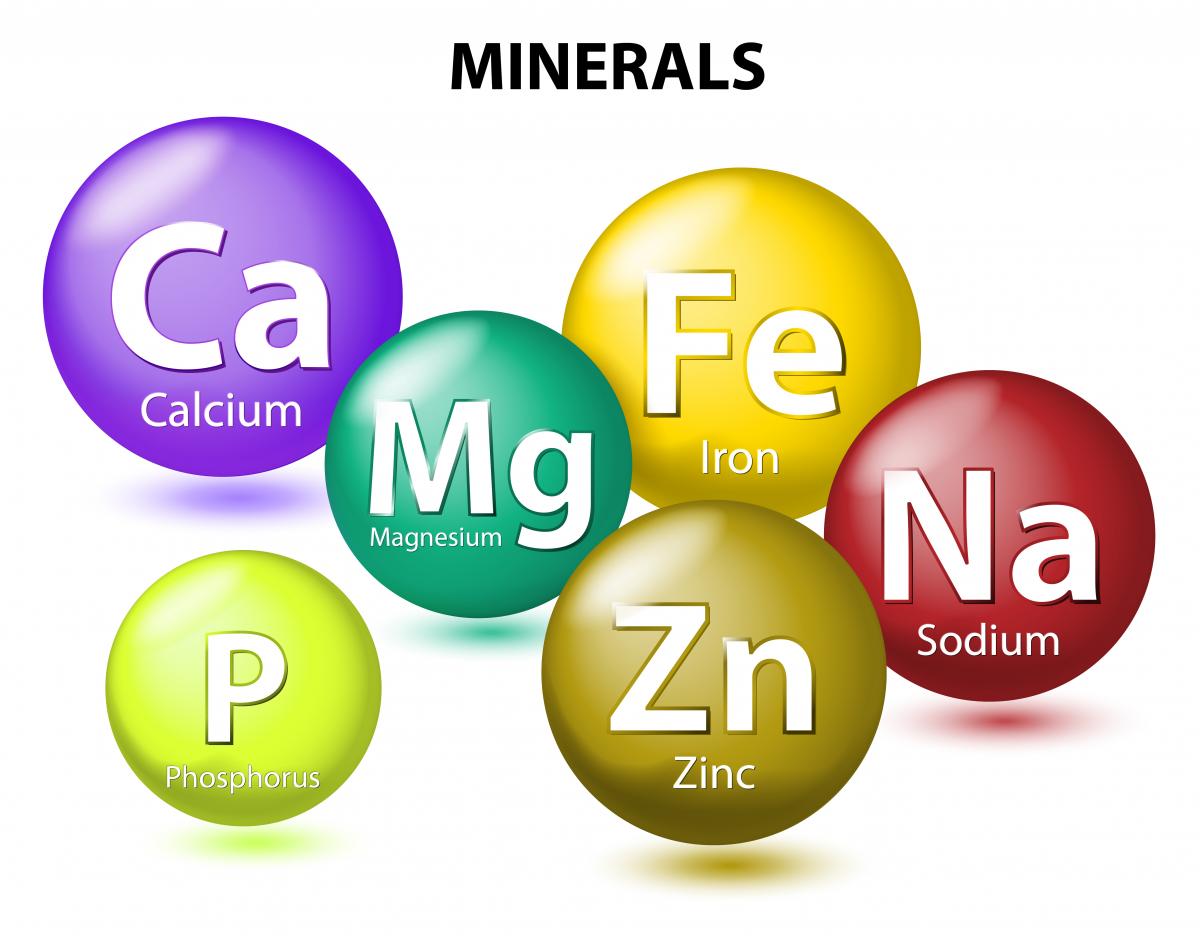What are minerals and their importance in the human body?

Minerals are essential nutrients for human health because they are used for growth, development, movement, and energy production. We find two types of minerals; large metals and rare metals.
Humans can take essential minerals through diet as well as through supplements. There are 13 types of minerals important to human health without which their health deteriorates:
Calcium:
Calcium helps build and strengthen bones and teeth, facilitating nerve-to-nerve communication, stimulating muscle contraction, activating blood-clotting factors, and regulating metabolism.
Sodium:
Although it is essential to eat salt, it should be used in moderation. Sodium conducts nerve impulses, controls the balance of body fluids, and helps contract the muscles.
Potassium:
It helps maintain fluid balance in the body and conduct nerve impulses, thus helping to support brain health and reduce the risk of stroke.
Chloride:
It helps maintain the stomach acidity required for digestion.
Magnesium:
Magnesium helps in many enzyme reactions, is essential for DNA synthesis, and acts as an antioxidant.
Phosphorus:
Helps build and repair bones and teeth, and has a role in nerve function and muscle contraction.
Iodine:
Helps in the production of thyroid hormones, and is of great importance in metabolism and physical and mental development.
Iron:
Works on the formation of hemoglobin, which carries oxygen in the blood, and its absence leads to cell death.
Zinc:
Low zinc level weakens the immune system and reduce the speed of wound healing.
Copper:
Helps produce the energy needed for humans and facilitates the absorption of iron from the digestive tract.
Manganese:
Helps vitamin K with blood clotting, and plays an important role in proteins and carbohydrates metabolism.
Sulfur:
Repairs DNA damage and helps fight acne-causing bacteria.
Selenium:
Helps prevent oxidative damage to cells.